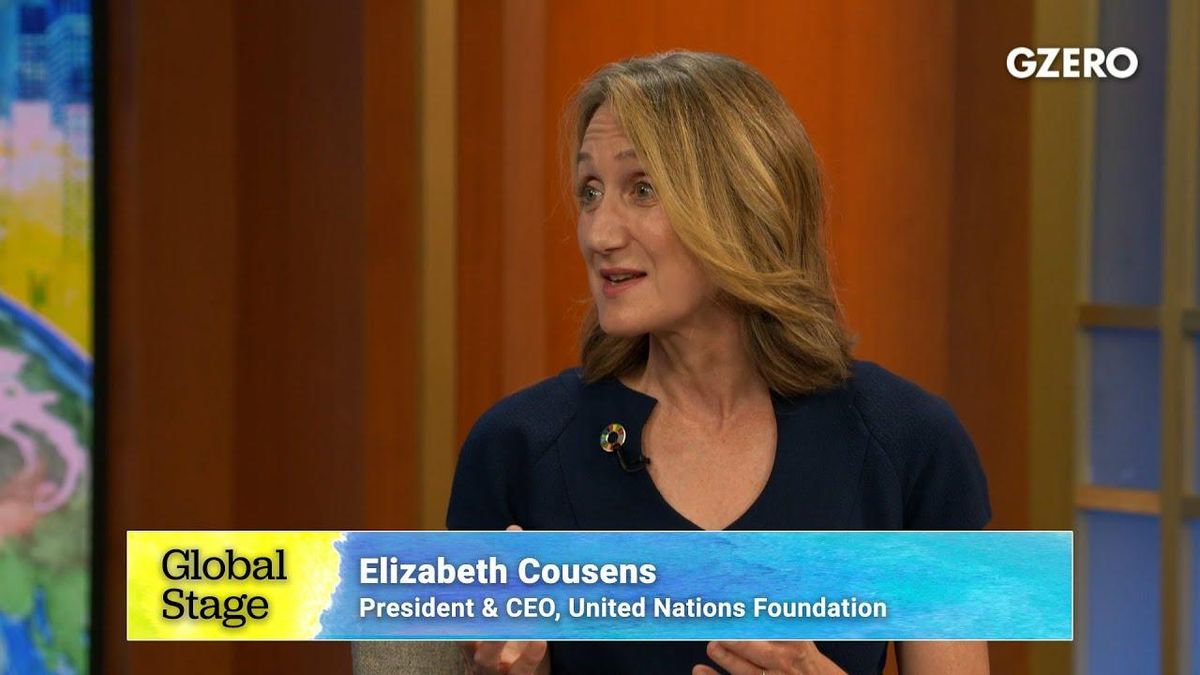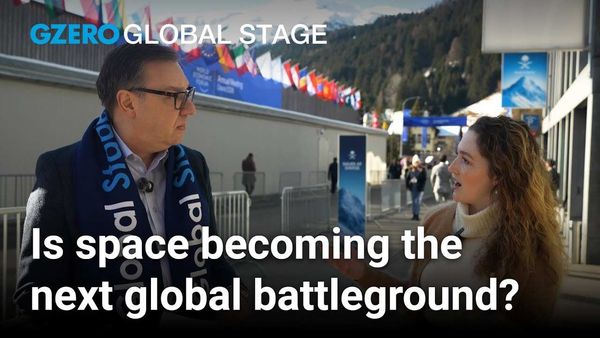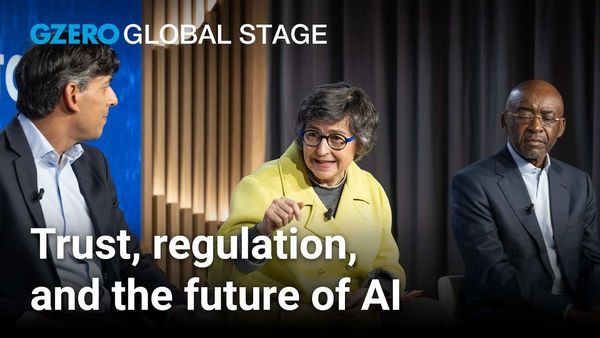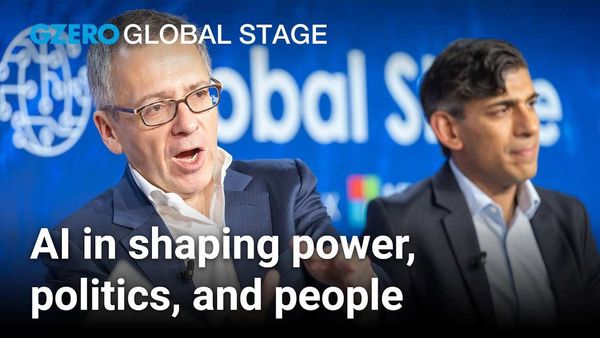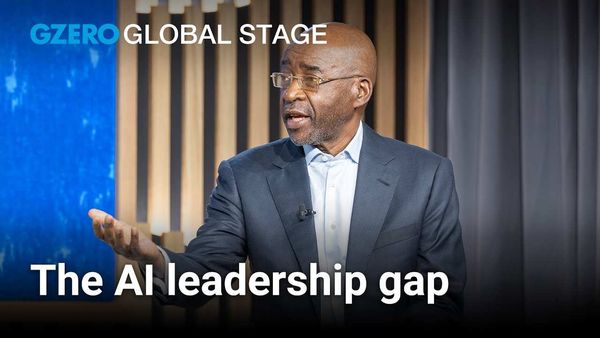We all know there's a global food crisis due to the impact of shortages of Russian and Ukrainian grain, fertilizers, and fuel. But UN Foundation chief Elizabeth Cousens thinks high prices are hurting some countries even more.
Take for instance Yemen, which imports 90% of its food and is thus highly vulnerable to any external shocks.
While addressing famine is the top priority, Cousens says in a Global Stage livestream conversation that the long-term plan should be "laying the foundation for a much more resilient, equitable food system."
Her two dream goals: sustainable agriculture and reducing food import dependence.


